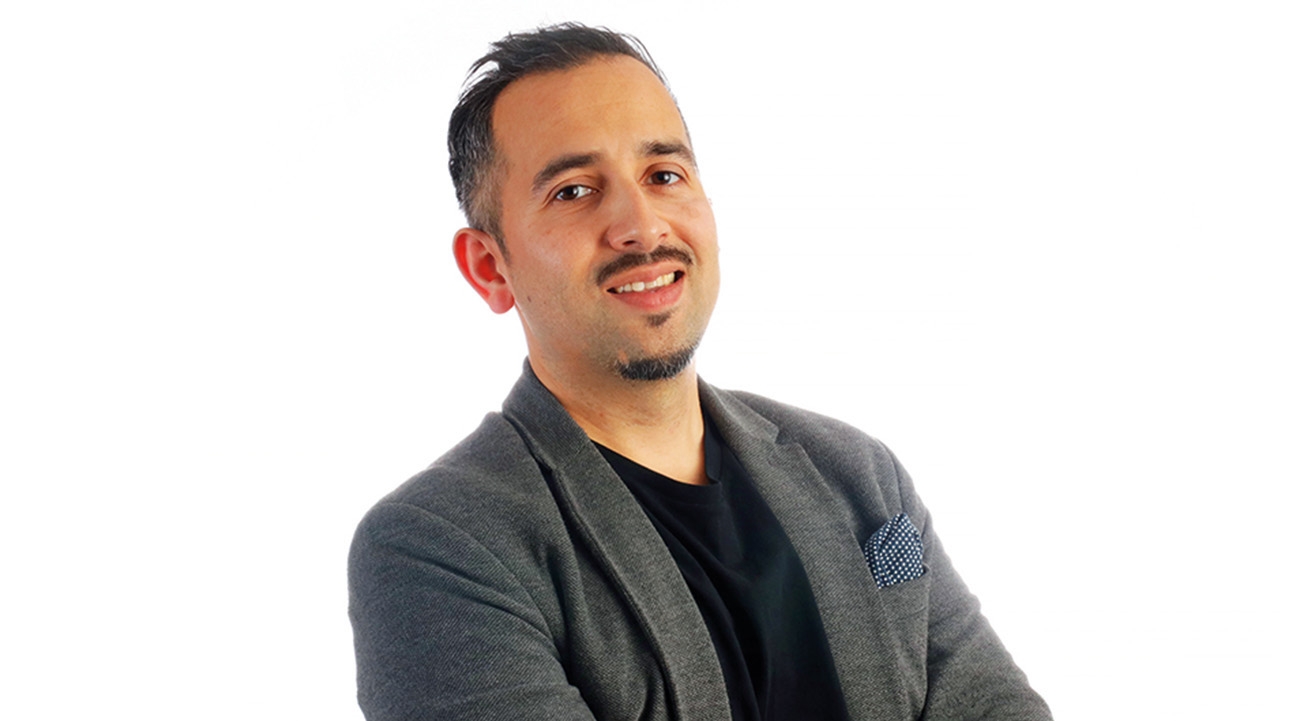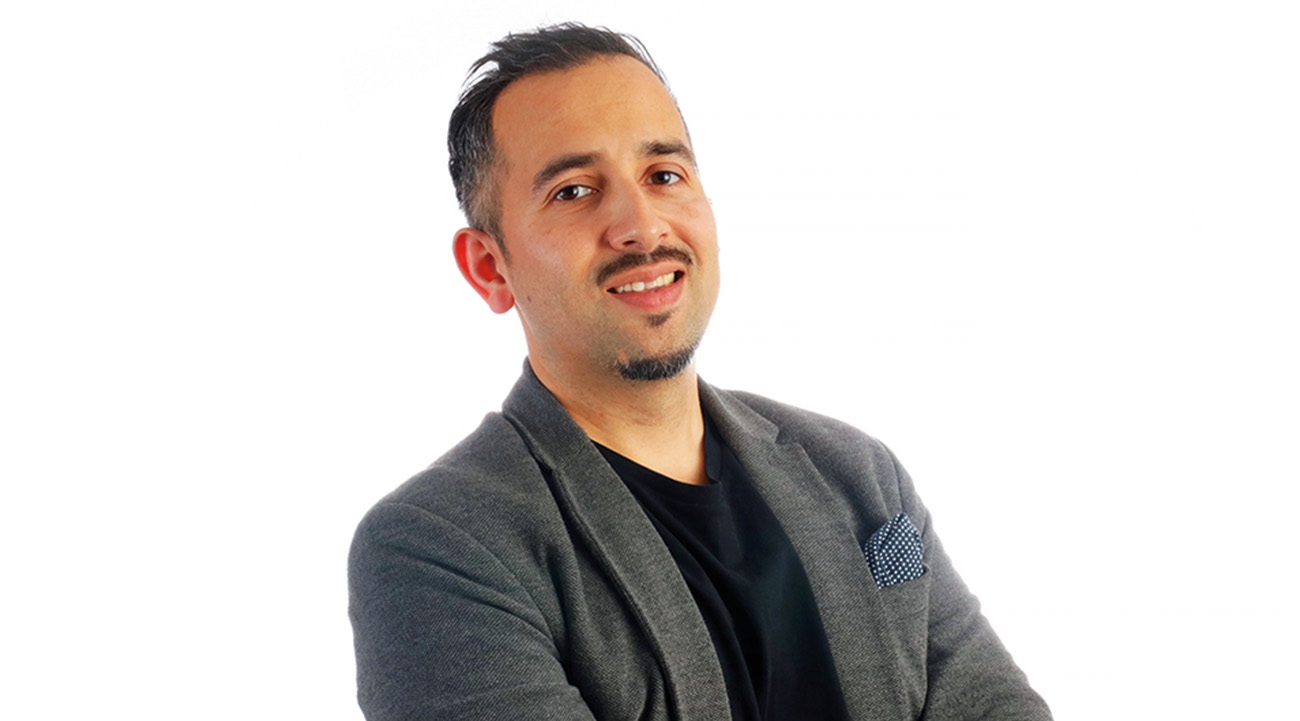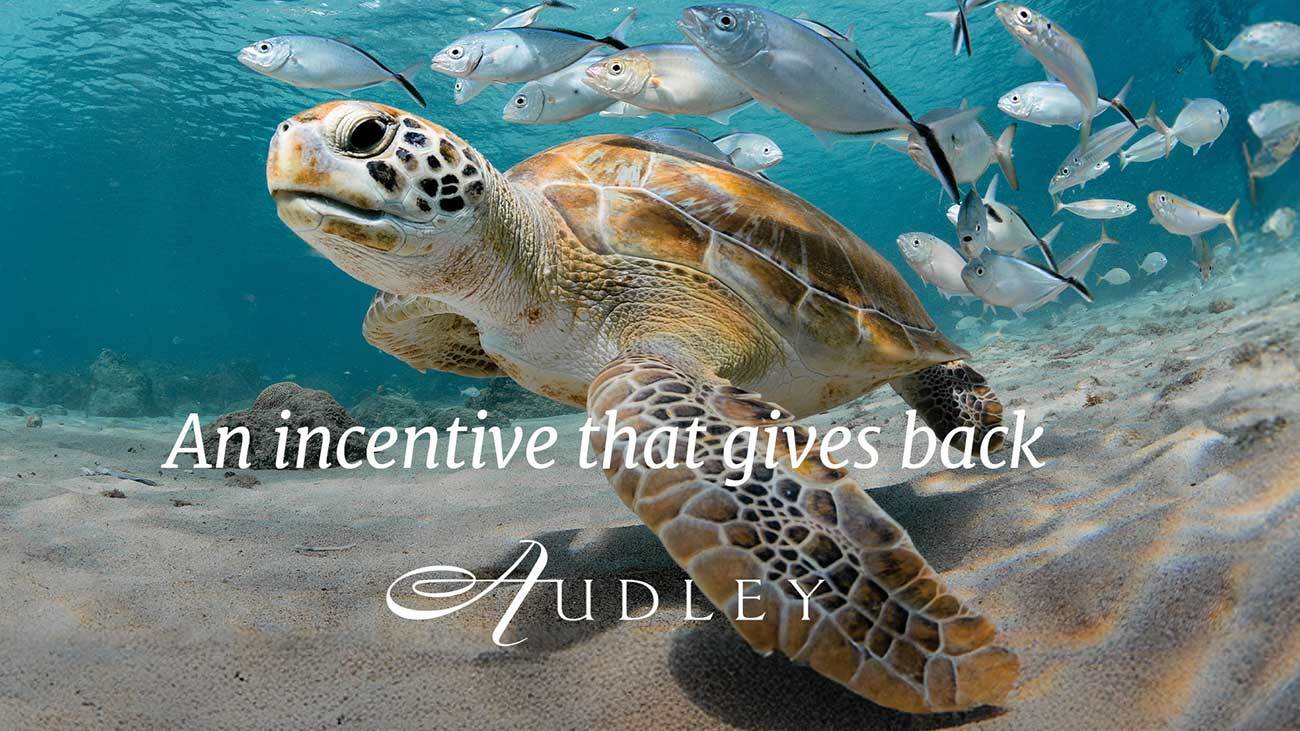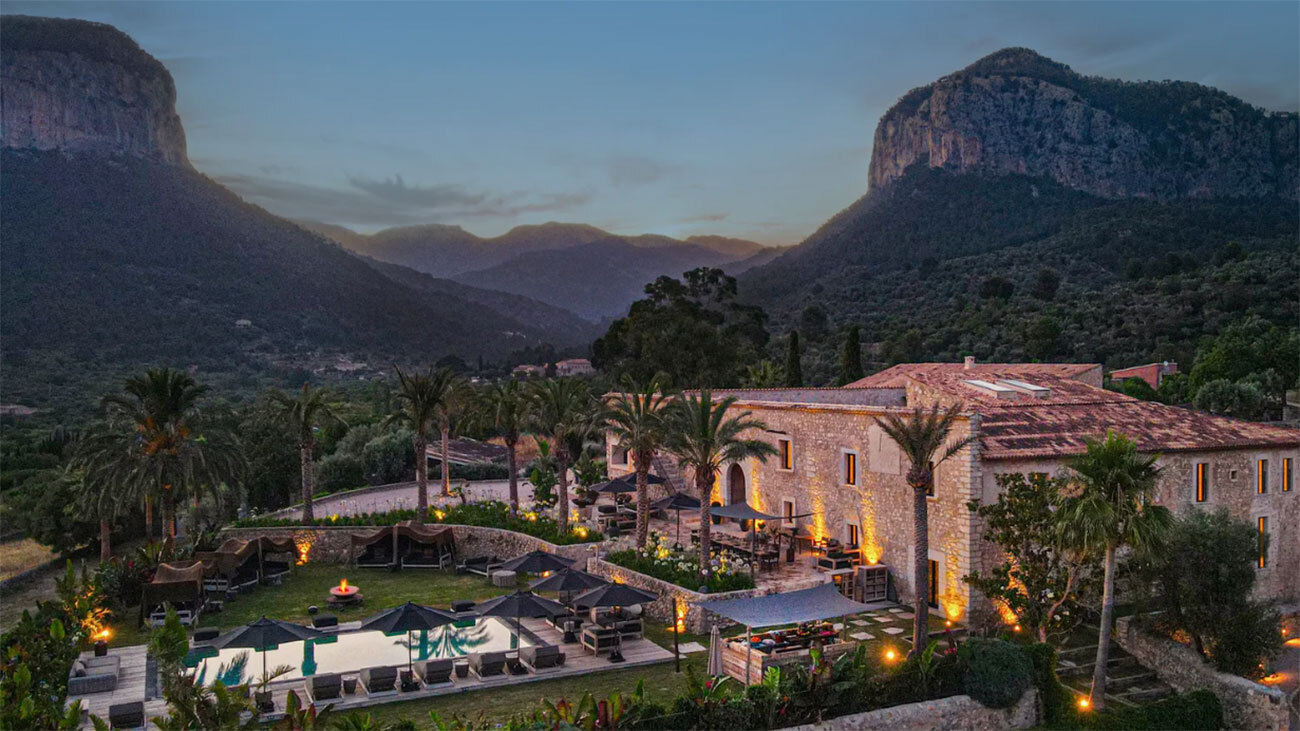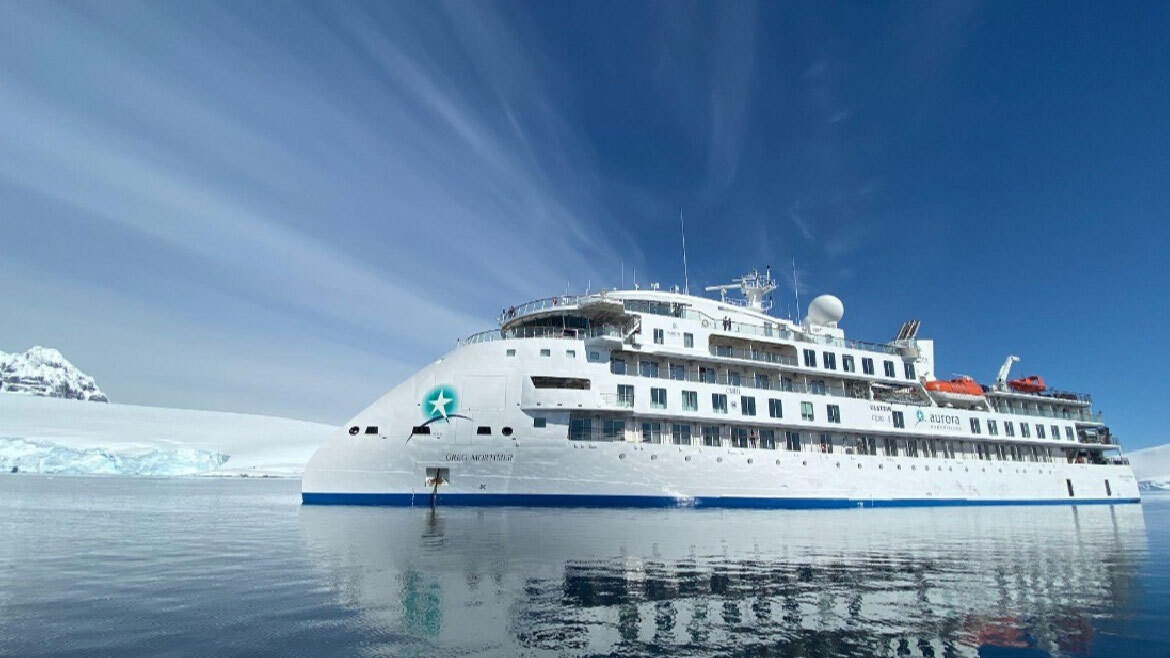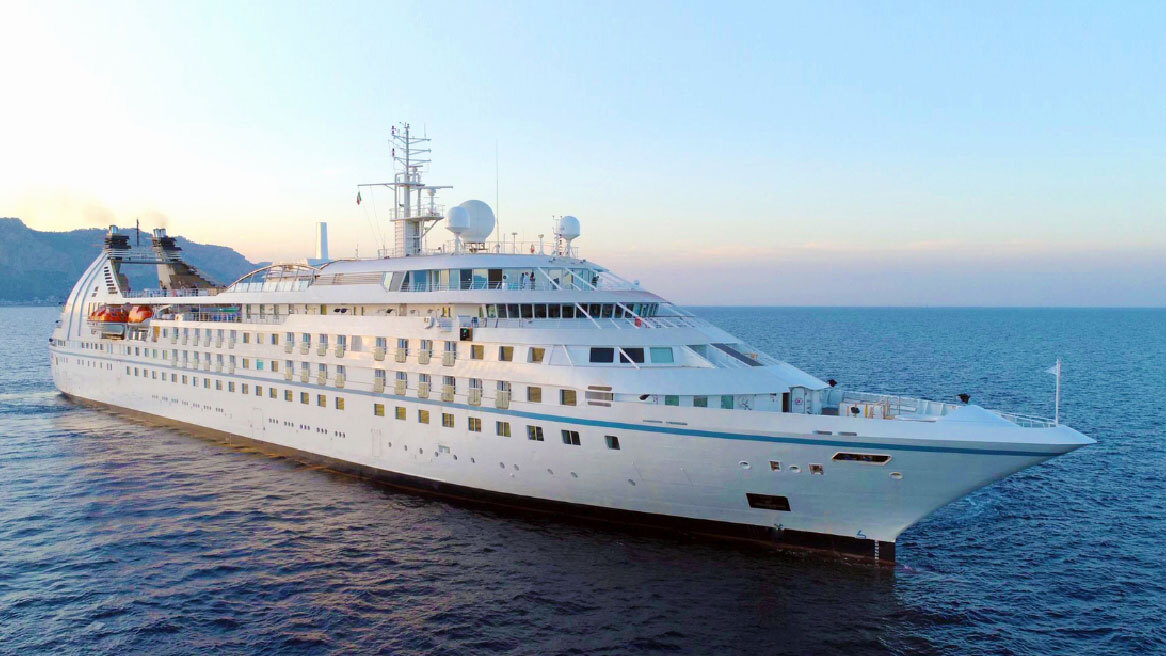Brand leaders must make DEAI ‘part of cultural DNA’
Brand leaders were encouraged to make diversity, equity, accessibility and inclusion (DEAI) “part of their cultural DNA” amid calls for the travel industry to "do better" at the inaugural Icons of Inclusion conference in London last week.
The event, hosted by consumer travel magazine OutThere, gave a platform to a range of DEAI themes and topics, including race, ageism, intersectionality, the gender pay gap, and travel for transgender, non-binary, LGBTQ+ and disabled consumers.
Alongside a general consensus summed up by OutThere experientialist-in-chief Uwern Jong that investing in DEAI is both “good for brand and good for business”, experts agreed senior leaders must embed DEAI into their company culture in an authentic and genuine way if the industry is to enact long-lasting change.
“This is very much a leadership issue,” said Alessandra Alonso, founder of Women In Travel CIC.
“You need to encourage those at the top to start those conversations, to see themselves as accountable for it, because this is not a bottom-up approach with diversity and inclusion.”
Jane Grammar, diversity, belonging and employee wellbeing manager at The Dorchester, agreed: “I truly believe that this all starts with workplace culture. Because if inclusion isn't part of your cultural DNA, it's very challenging for inclusion to authentically transfer and influence the decisions that we make and the ways in which that we operate our business.”
DEAI consultant Roshina Budhani said it was about having “the right kind of education and the right buy-in from senior leaders”.
She said: “A way to do that is by empowering the senior leaders and giving them the right language and tools… so that they can also be part of the conversation - because they are part of diversity.”
Laura Dove, chief operating officer at female members’ club Allbright, agreed that those “at the top” should be “working towards opportunities for all”.
Speaking on a panel about empowering women in luxury travel and hospitality, she said: “Women make up 51% of the global population; a lot of companies are now 50% female. So if you aren't working towards including all women through career progression and your planning and strategy, you're working with half your company.”
She added: “If the C-suite doesn't understand what your workforce is going through, you're not going to land what you need to implement.”
Shelly Voecks, chief people officer at Scott Dunn, pleaded the business case for having a diverse and inclusive workforce.
Voecks cited a Deloitte study that said diverse teams are 20% more creative and innovative, and research by The World Economic Forum that found that more diverse and inclusive teams made better decisions up to 87% of the time.
“If you think about Gen Z and millennials: 52% of them have said that they would leave an employer who didn't show meaningful progress in this area. That's a pretty significant number,” she added.
Other speakers highlighted the brand and business benefits of tapping into under-represented communities in the luxury travel industry.
Debbie Marshall, managing director of the Silver Marketing Association, implored delegates not to ignore the lucrative over-55s: “The older generation are a fantastic bunch of people in their 60s and 70s and 80s and largely are out there having fun. When it comes to travel, and particularly luxury travel, they're spending money: 60% of the travel budget in the UK is owned by the older generation.”
LoAnn Halden, vice-president of communications for the International LGBTQ+ Travel Association, shone a light on the global spending power of the LGBTQ+ community – said to be around $4.7 trillion per annum – while Aisha Shaibu-Lenoir, founder of events organisation Moonlight Escapes, said brands that invested in inclusion would be repaid in customer loyalty.
She said: “As part of the LGBTQ+ community, we can see straight away if you're not being authentic. And that authenticity is really important because it creates a loyal audience and a loyal customer base that will keep coming back.”
Speaking on a panel about navigating disability, Richard Thompson, founder of luxury travel agency Inclu Travel, said accessible travel was “the last untapped market in travel”.
“There are 1.5 billion people in the world [with disabilities] with a spending power between their households of $10 trillion a year,” he said.
“They're not spending it on luxury travel; they won't until they have the confidence to travel.”
Citing the need for change to be instilled at leadership level, he added: “This is about a leadership investing in understanding, and then training and educating everyone in their organisation. This cannot sit on one person's desk. This has to become a culture, a culture of inclusivity, not something that's mandated or a tick-box exercise.”
Photo credit: Sarah Lucy Brown / OutThere
